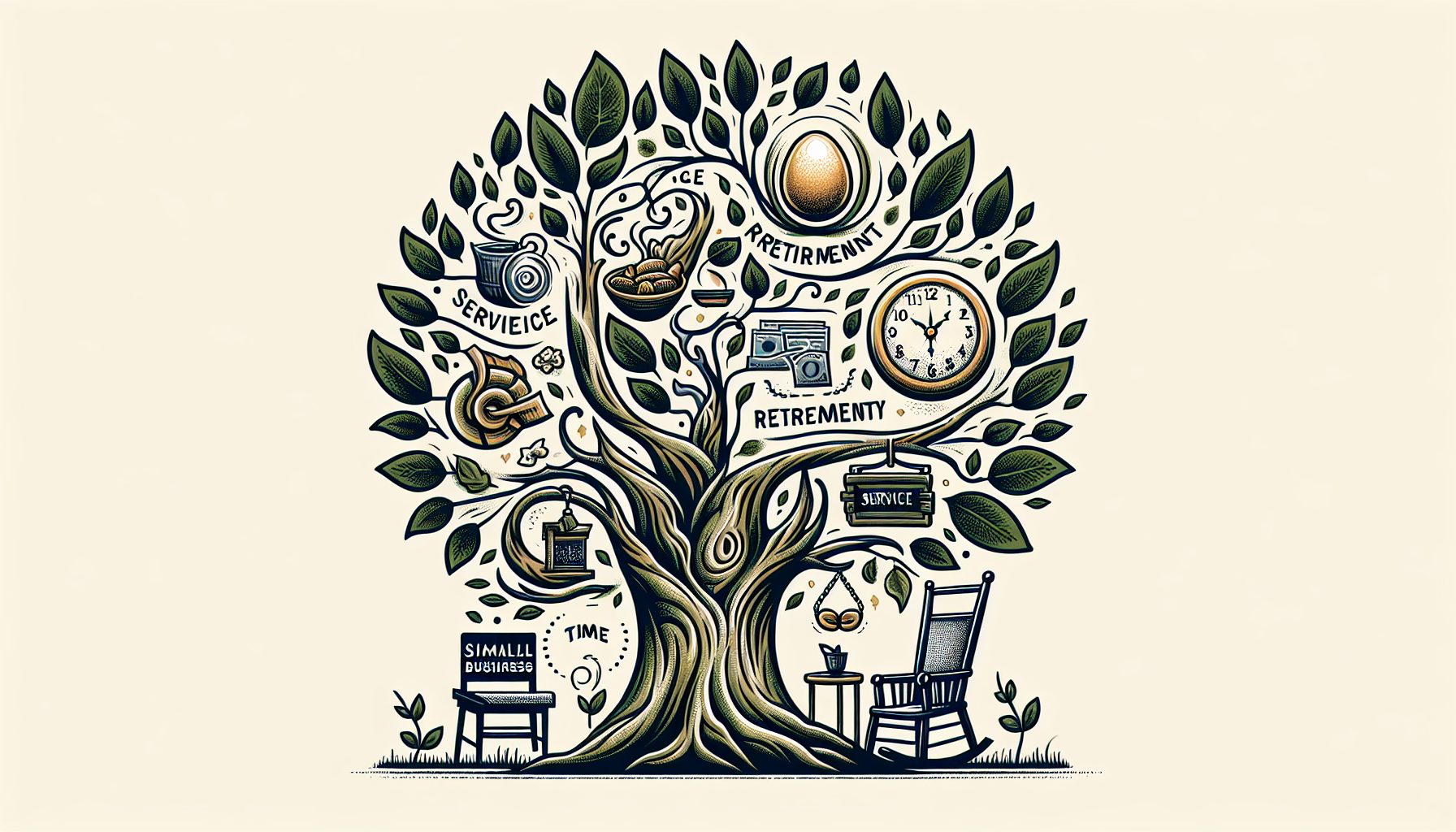It’s no secret that computers are getting smarter and, increasingly, they’re able to transform data into knowledge. The IBM 5 in 5—an annual list of innovations that have the potential to change the way people work, live and interact over the next five years—taps into this theme.
“By creating technology that is explicitly designed to learn and enhance our cognition, we will usher in a new era of progress for both individuals and for society at large,” explains Dario Gil, director of the Cognitive Experience Lab at IBM. Here’s a glance at Big Blue’s predictions:
Trend 1 (Education): The classroom will learn you.
Classrooms will soon learn about each student by using longitudinal data such as test scores, attendance and student’s behavior on e-learning platforms. Sophisticated analytics delivered over the cloud will provide decision support to teachers so they can predict which students are struggling, identify their roadblocks and then suggest measures customized for a student’s unique learning style. The same technology could change enterprise learning as well.
Trend 2 (Retail): Buying local will beat online.
Today, most physical stores rely heavily—and sometimes solely—on point-of-sale systems to provide insights. As a result, they’re at a disadvantage when competing against more nimble online retailers, and many fall victim to showrooming. But new innovations will make buying local appealing again, IBM predicts. Advanced analytics, improved browsing, augmented reality, virtual closets and robust social networks will tilt the equation back to brick-and-mortar stores. Retailers will anticipate with incredible accuracy the products a shopper most wants and needs. Stores will transform into immersive and highly customized environments.
Trend 3 (Health Care): Doctors will routinely use your DNA to keep you well.
More sophisticated big data analytics and cloud-based cognitive systems will digest far more complete genome data so that doctors can accurately diagnose cancer and create personalized treatment plans. In addition, smart machines will use full genome sequencing and scour vast repositories of medical records and publications to identify specific insights on treatment options. These systems will continue to learn over time, opening up the possibility of providing DNA-specific personalized treatment options for stroke, heart disease and other conditions.
Trend 4 (Security): A digital guardian will protect you online.
Today, multiple user IDs and passwords are the norm. In fact, the highly fragmented nature of authentication leaves everyone vulnerable. More than 12 million cases of identity fraud were reported in the United States in 2012. IBM predicts that future security will assimilate contextual, situational and historical data to verify a person’s identity on different devices. By learning about users, a digital guardian could make inferences about what’s normal or reasonable activity and what’s not.
Trend 5 (Cities): A city will help you live in it.
Smarter cities will understand in real time how billions of events occur. Computers will identify what people need, what they like, what they do and how they move from place to place. In addition, next-generation mobile devices and social engagement—including more sophisticated crowdsourcing—will enable citizens to forge entirely different relationships with their city leaders.









